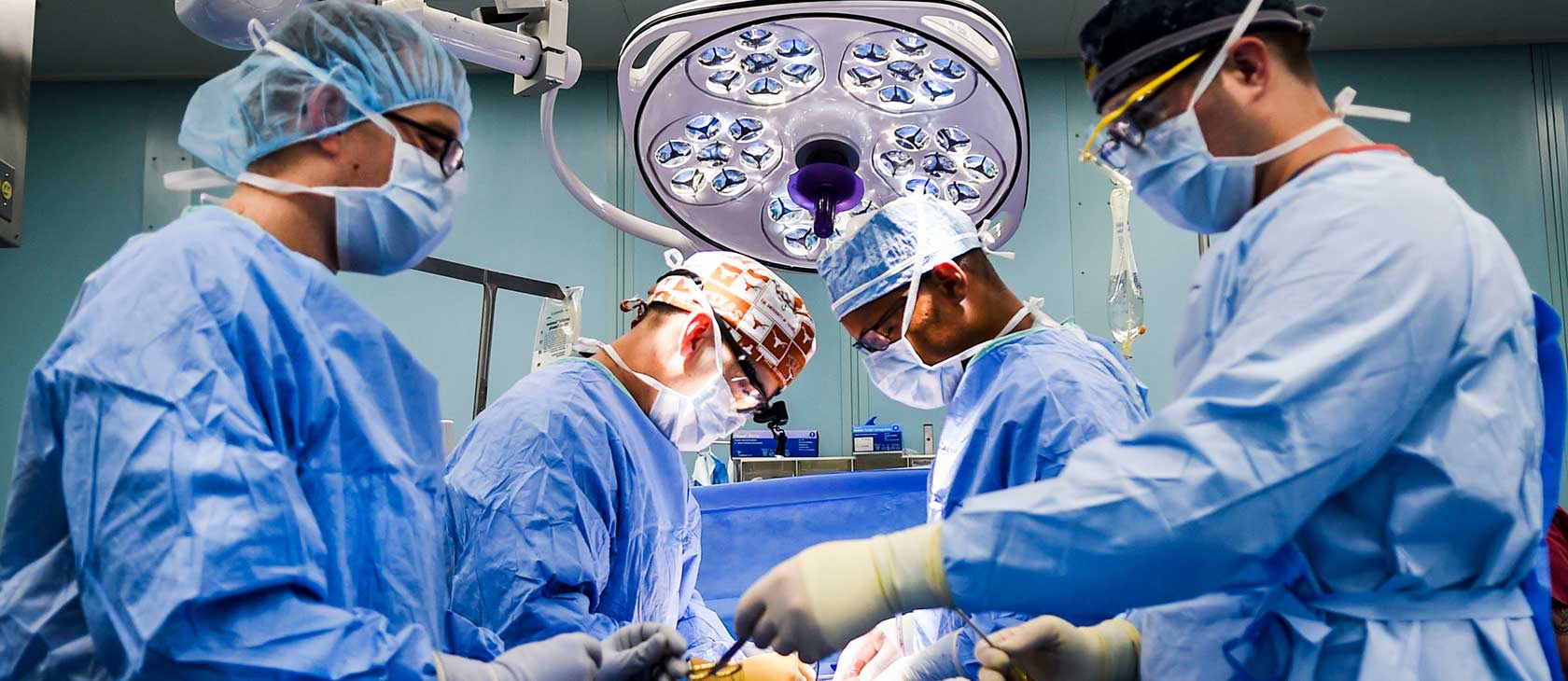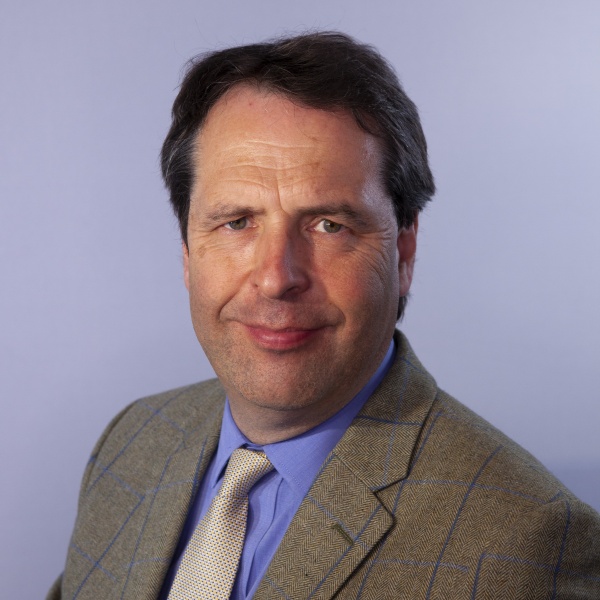In the UK, our National Health Service was once described by a former Chancellor of the Exchequer as being the nearest thing we have to a national religion. It certainly gets a lot of support from religious leaders. Indeed, many seem to deify the NHS.
The Anglican Archbishop of Canterbury, Justin Welby, said at his enthronement: “Slaves were freed, Factory Acts passed, and the NHS and social care established through Christ-liberated courage.” This was not just an off-the-cuff remark; it was one of the most important homilies of his vocation. It is certainly true that Christians have a great deal to be proud of when it comes to the provision of healthcare. However, celebrating the creation of a single-payer, nationalised, and centrally planned system is not one of them.
The Roman Catholic Church opposed the creation of the NHS. Cardinal Bernard Griffin managed to negotiate an opt-out from nationalisation of the tiny number of Catholic hospitals arguing, “It will be a sad day for England when charity becomes the affair of the state.”
The most appropriate role for Christians is not campaigning for the state to be a monopoly provider of healthcare but to be active in the provision of healthcare services. Indeed, before the Reformation, the Church was the major provider of healthcare.
In England, there were 500 hospitals by 1500. St. Bartholomew’s, a major hospital in London today, was founded by Augustinian Friars and somehow survived the Reformation. Another great London hospital that is still in existence today, St. Thomas, was the first teaching hospital before the Reformation.
And this involvement in caring for the sick and providing hospitality for those in need was replicated right across Europe until the Reformation. Small hospitals for pilgrims sprung up in the West during the early Middle Ages. Hospitals and alms houses developed for lepers, pilgrims, the sick, the aged, and the poor. Milan, Siena, Paris, and Florence had a number of large hospitals, and their Christian ethos was evident. The Santa Maria Nuova in Florence still exists today and, by 1500, had medical staff, doctors, pharmacists, and surgeons.
Offerings at Mass were used for the care of the sick. Of course, this work in the first 1,500 years of the Church’s existence was a response to Jesus’ instruction. As Jesus said in Matthew 25: “For I was hungry and you fed me, thirsty and you gave me drink. I was a stranger and you received me in your homes. Naked and you clothed me. I was sick and you took care of me, in prison and you visited me. ... [W]hatever you did for one of these least brothers of mine, you did for me.”
After the Reformation, there was a disintegration of this system. However, the one thing that united Protestant and Catholic denominations was the Christian vocation to care for the sick. As such, provision for healthcare grew in all European countries, whether dominated by Protestantism or Catholicism.
Edward Jenner, Louis Pasteur, Joseph Lister, and many other pioneers of modern medicine were devout Christians. John Wesley took a course in medicine so that as a minister he could be of help to those who had no regular physician. And eighteenth- century Presbyterian Edinburgh was a great centre of medical progress. Christian foundations established a huge number of hospitals across Europe and the United States.
As might be expected, just as Christian organisations were the most important providers of healthcare in now-rich countries when they were less well developed, Christian organisations today are the major providers of healthcare in the world’s poorer countries. Indeed, the Catholic Church is still the largest provider of healthcare services in the world. It has around 18,000 clinics, 16,000 homes for the elderly and those with special needs, and 5,500 hospitals, with 65 percent of them located in developing countries.
In most Western countries, to a greater or lesser extent, the state has become much more involved with healthcare. In few countries is that involvement as comprehensive as it is in the UK, where the state owns, controls, and finances the system of health provision from top to bottom.
In the U.S., of course, there is pressure for a movement towards a UK-style, single- payer system. Much of that support comes from left-leaning politicians, but some comes from prominent Christian commentators. For example, columnist Jessi Bohon has said: “Christians shouldn’t be satisfied with healthcare policy that leaves anyone out, especially those who need care most but can afford it least. Christians should support a universal, single-payer system.”
And Elizabeth Breunig of The Washington Post has said: “I was on NHS [when in England, and], it ruled. My epilepsy medicine was free. In the USA, there’s an entire network of charities devoted to nothing but helping poor people try to buy their life-saving seizure medicines month-to-month.” She compares that favourably to the U.S., where she cites a children’s hospital in Philadelphia that takes into account the cost of medicines before deciding what to prescribe. Her husband, Matt Breunig, is likewise a huge proponent of the NHS.
So, what are the results of the single- payer NHS system in the UK as compared with other healthcare systems?
There is an annual study undertaken by a U.S. organisation called the Commonwealth Fund. It regularly ranks the UK health system number one. This is widely reported in the UK press and also regularly quoted by U.S. advocates of the UK system.
However, the survey is designed so that single-payer systems are strongly favoured. One question asks whether patients have ever had disputes with their insurers. If the system is nationalised with no insurers, this simply will not happen. Another question asks whether patients make co-payments. You cannot make co-payments in the NHS. However, if the state thinks a drug is too expensive, it is simply not provided.
The study measures equity of access and ranks a health service where everybody gets equally poor access above a system where everybody gets better access (including the poor) but where access is uneven. In other words, it accepts equality of misery.
When it comes to health outcomes, perhaps the most meaningful indicator of the effectiveness of a system, the UK system does not do well. In healthcare outcomes, the Commonwealth Fund ranks the UK one from the bottom. The U.S. ranks at the bottom, but the systems that rate better are not NHS-style socialised medicine systems; they are European insurance-based, co-payment-based, or mixed systems.
This result led the UK’s left-leaning newspaper The Guardian to write an article in which it said without any sense of irony, “The only serious black mark against the NHS was its poor record on keeping people alive.” In international comparisons of health system performance, the NHS almost always ranks in the bottom third. If, for example, the UK’s breast cancer, prostate cancer, lung cancer, and bowel cancer patients were treated in Belgium rather than in the NHS, more than 14,000 lives would be saved every year.
Socialised medicine does not even lead to equality of outcomes. Infant mortality in Glasgow is nearly three-times the level of the City of London. Life expectancy at birth varies by 10 years between the poorest and richest areas of the UK. And these differences are widening.
While the Catholic Church has stated that basic healthcare is a human right, it does not follow that the state should be the provider – just as the state is not generally the provider of food, clothing, and many other basic goods (even if the state supports the poor in buying such things).
The principle of subsidiarity demands that the state should not do those things that can be done by other organisations within society. Traditionally, Christian institutions have provided healthcare themselves. Numerous proofs indicate that we should return to that norm.




